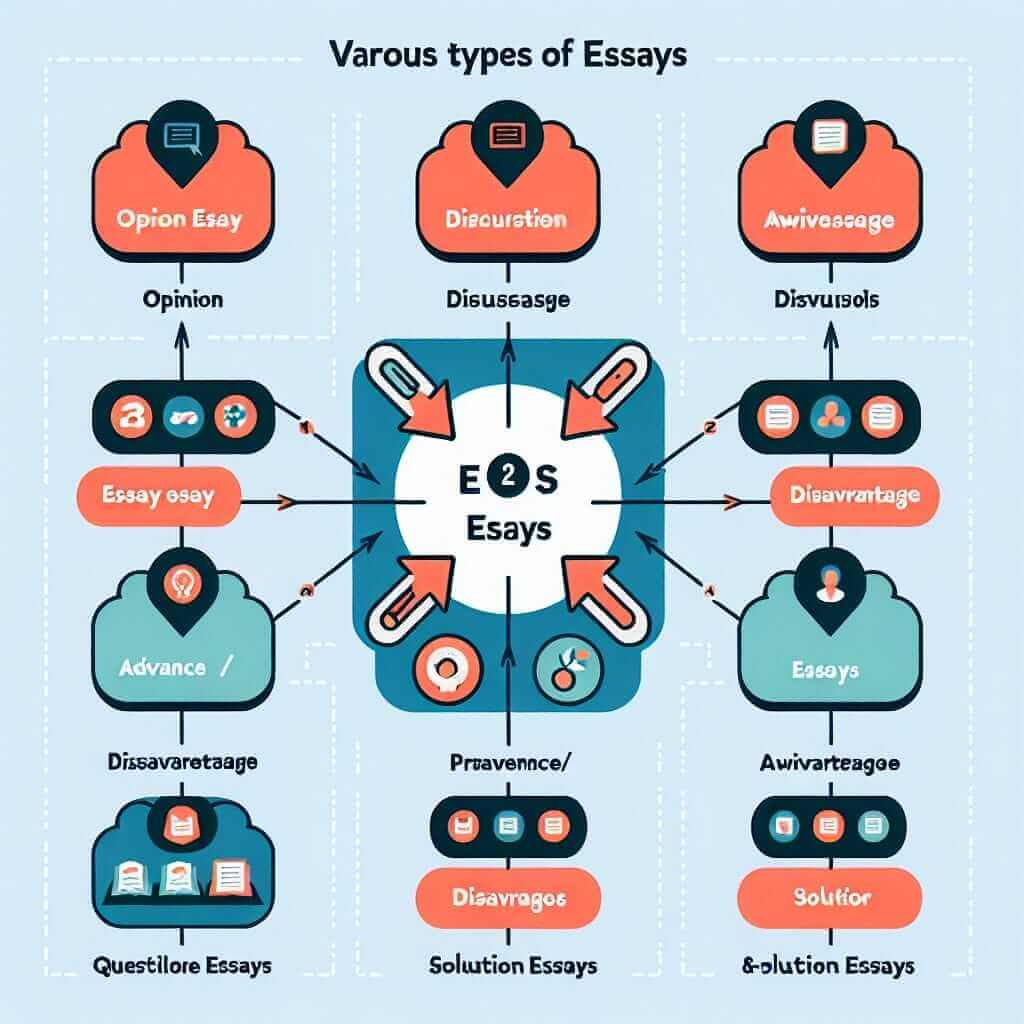The IELTS, or International English Language Testing System, is a globally recognized English proficiency test. For those aspiring to study, work, or migrate to an English-speaking country, achieving a good IELTS score is often crucial. The IELTS Writing test, particularly Task 2, often poses a significant challenge for test-takers. This comprehensive guide delves deep into the intricacies of IELTS Writing Task 2, offering valuable insights and strategies to help you excel.
Understanding IELTS Writing Task 2
In the IELTS Writing test, Task 2 requires you to write a formal essay of at least 250 words. You are presented with an essay question, typically related to a social, environmental, technological, or cultural issue. Your task is to provide a well-structured, coherent, and well-supported response, showcasing your ability to:
- Understand and analyze the essay question.
- Formulate a clear and concise opinion or argument.
- Present your ideas logically and cohesively.
- Use a wide range of vocabulary and grammatical structures accurately.
Types of IELTS Writing Task 2 Essays
Understanding the different types of essay questions is key to formulating an effective response. Common IELTS Writing Task 2 essay types include:
-
Opinion Essays: These require you to state your opinion on a given topic and provide supporting arguments. For example, “Some people believe that the internet has made us more connected than ever before. Others believe it has made us more isolated. Discuss both views and give your own opinion.”
-
Discussion Essays: You’ll be presented with two opposing viewpoints on an issue. You need to discuss both sides and provide your own perspective. For example, “Some people think that children should be allowed to use mobile phones in school, while others believe they should be banned. Discuss both these views and give your own opinion.”
-
Advantage/Disadvantage Essays: You must analyze and present the advantages and disadvantages of a particular issue or trend. For example, “What are the advantages and disadvantages of living in a large city?”
-
Problem/Solution Essays: These questions ask you to identify a problem and propose feasible solutions. For example, “Traffic congestion is a growing problem in many cities. What are some possible solutions?”
-
Two-Part Questions (Direct Questions): You’ll be asked two distinct questions related to a single topic. You need to address both questions comprehensively. For example, “Many people are choosing to live in cities. What are the reasons for this? Is it a positive or negative development?”

Strategies for Success in IELTS Writing Task 2
-
Analyze the Question Carefully: Before you begin writing, spend a few minutes thoroughly understanding the essay question. Identify the keywords, the type of essay, and what the question is asking you to do.
-
Plan Your Essay: Create a brief outline to structure your thoughts before you start writing. This will ensure a logical flow and coherence in your essay.
-
Develop a Strong Thesis Statement: Your introduction should clearly state your main argument or position on the topic.
-
Support Your Ideas with Evidence: Use relevant examples, statistics, or personal experiences to support your claims and make your arguments more convincing.
-
Use a Variety of Vocabulary and Grammar: Showcase your language proficiency by using a wide range of vocabulary and grammatical structures accurately.
-
Pay Attention to Cohesion and Coherence: Ensure your essay flows smoothly with clear transitions between paragraphs and ideas.
-
Proofread Carefully: Leave time at the end to review your essay for any grammatical errors, spelling mistakes, or awkward phrasing.
Example Essay Question and Analysis
Question: “Some people believe that the benefits of tourism outweigh its drawbacks. Others argue that its negative impacts are more significant. Discuss both these views and give your own opinion.”
Analysis:
- Essay Type: Discussion Essay
- Keywords: Tourism, benefits, drawbacks, negative impacts
- Task: Discuss both sides of the argument and provide your own viewpoint.
Tips for Achieving a High Score
-
Practice Regularly: Consistent practice is crucial for improving your writing skills. Write essays on a variety of topics and time yourself to simulate exam conditions.
-
Get Feedback: Ask an experienced IELTS instructor or a native English speaker to review your writing and provide constructive feedback.
-
Read Widely: Expand your vocabulary and knowledge base by reading extensively on a range of topics.
-
Learn from Model Essays: Analyze high-scoring IELTS essays to understand the structure, language, and techniques used.
Conclusion
IELTS Writing Task 2 is a challenging but conquerable aspect of the IELTS exam. By understanding the different essay types, planning your responses effectively, and continuously practicing your writing skills, you can significantly improve your chances of achieving a high score. Remember, clarity, coherence, and well-supported arguments are key to success in this section. Good luck!